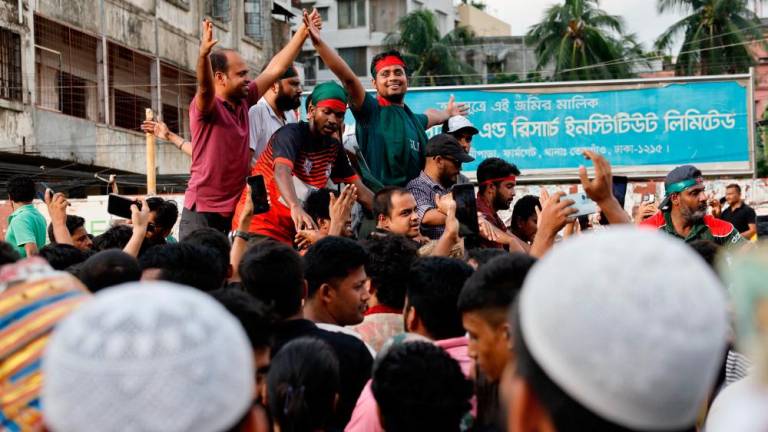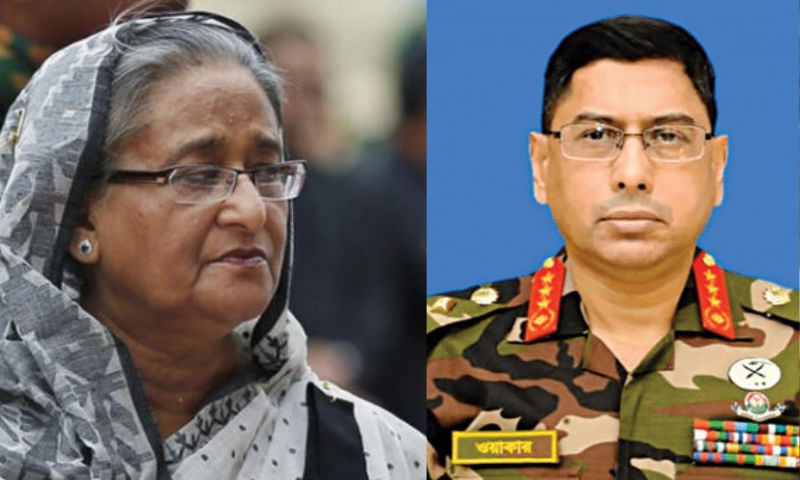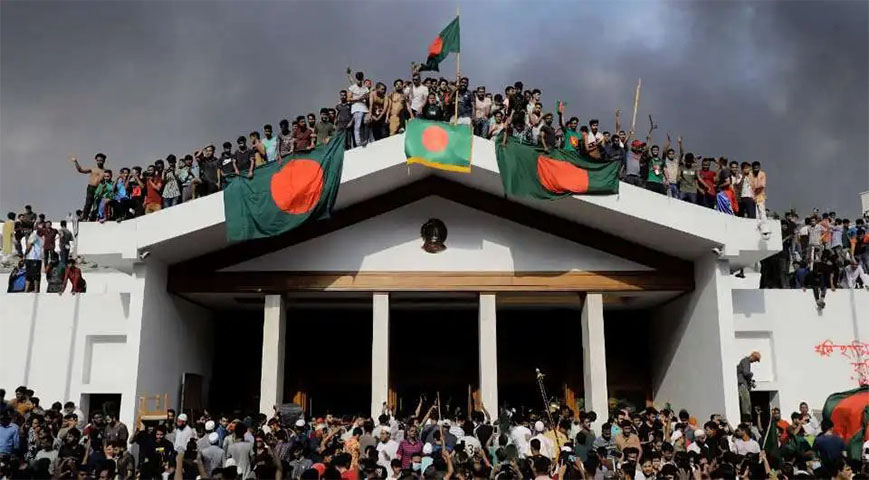Bangladesh’s military has taken control of the country after mass protests forced longtime ruler Sheikh Hasina to resign and flee Bangladesh.
Hasina, 76, who had been in power since 2009, faced accusations of election rigging in January, leading to massive street protests demanding her resignation.

Security forces' attempts to quell the unrest resulted in hundreds of deaths, but the protests only intensified. Hasina fled the country by helicopter on Monday as the military withdrew its support.
Did you read this?
Army Chief General Waker-Uz-Zaman announced on state television that Hasina had resigned and the military would establish a caretaker government.
Following this, millions of jubilant Bangladeshis flooded Dhaka's streets. Sazid Ahnaf, 21, likened the events to the country's 1971 independence war, expressing joy over what he termed liberation from dictatorship. However, chaos ensued, with at least 66 people killed in revenge attacks on Hasina's allies. Protesters stormed parliament, torched TV stations, and vandalized statues of Hasina’s father, Sheikh Mujibur Rahman.
The unrest began as protests against civil service job quotas and escalated into broader demands for Hasina’s resignation. Her government faced accusations from rights groups of misusing state institutions to maintain power, including through extrajudicial killings.
The violence resulted in at least 366 deaths since early July. General Waker announced a curfew lift on Tuesday morning, with the military overseeing an interim government.
President Mohammed Shahabuddin ordered the release of protest-related prisoners, including opposition leader Khaleda Zia. It remains unclear if Waker will lead the interim government.

Hasina’s whereabouts are uncertain, with reports of her landing in India and seeking to transit to London.
However, British calls for a UN-led investigation into the violence may hinder this. Bangladesh’s military history includes a 2007 coup leading to a two-year caretaker government. The international community, including the UN and the EU, has called for a peaceful and democratic transition, with warnings of potential instability following Hasina's departure.










